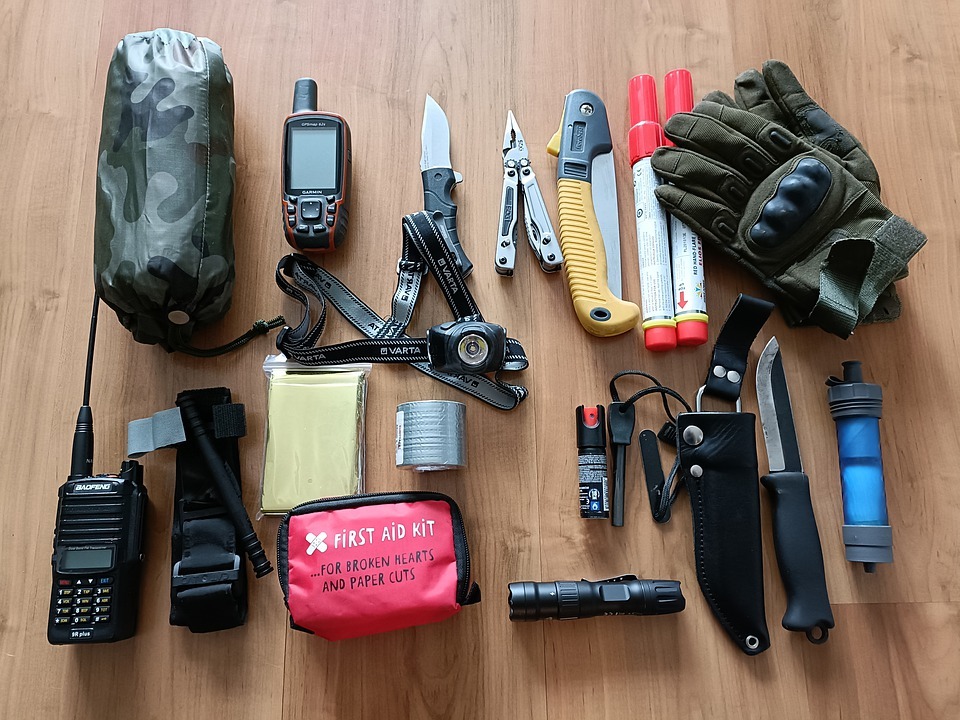A growing number of Britons have turned their attention to preparing for worst-case scenarios, fueling the rise of prepper shops across the country. These establishments specialize in providing supplies and equipment catering to individuals concerned about potential doomsday scenarios, ranging from natural disasters to societal breakdowns.
The Guardian recently explored several prepper shops in an article here. These shops have seen an uptick in interest, with patrons seeking survival essentials such as non-perishable food, water purification systems, first aid kits, and tools for self-sufficiency. The surge in demand has led to concerns among some individuals and observers about the underlying anxieties driving this trend.

Reports suggest that the motivations behind this preparation vary widely. Some shoppers cite concerns about natural disasters or potential disruptions to supply chains. While others express apprehension about political instability, global conflicts, or economic downturns.
Critics of the prepper movement caution against undue alarmism. They argue that while preparedness is commendable, excessive focus on doomsday scenarios might foster unnecessary fear and isolation. They emphasize the importance of balanced preparation and community resilience in the face of challenges.
Conversely, proponents of prepping assert that being prepared is a sensible approach in an uncertain world. They advocate for self-reliance and preparedness as a means of safeguarding against unforeseen circumstances, empowering individuals and communities to face adversity with greater resilience.
The rise of prepper shops reflects a broader societal concern about uncertain futures and the desire for self-sufficiency. While opinions on this trend may differ, it underscores the importance of being equipped and informed to handle unexpected situations. This prompts discussions about resilience, community support, and individual responsibility.
As these concerns continue to shape consumer behavior, the debate surrounding the motivations behind prepping and its implications for society at large remains an ongoing conversation.

